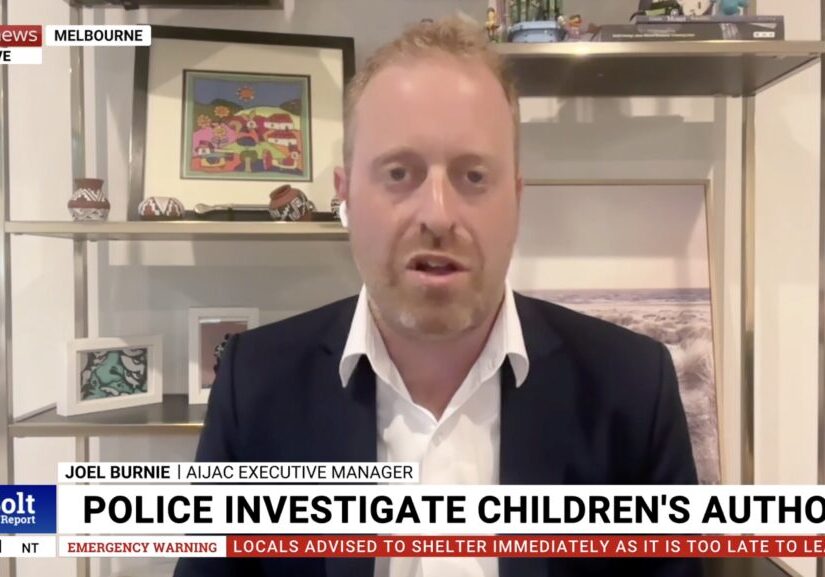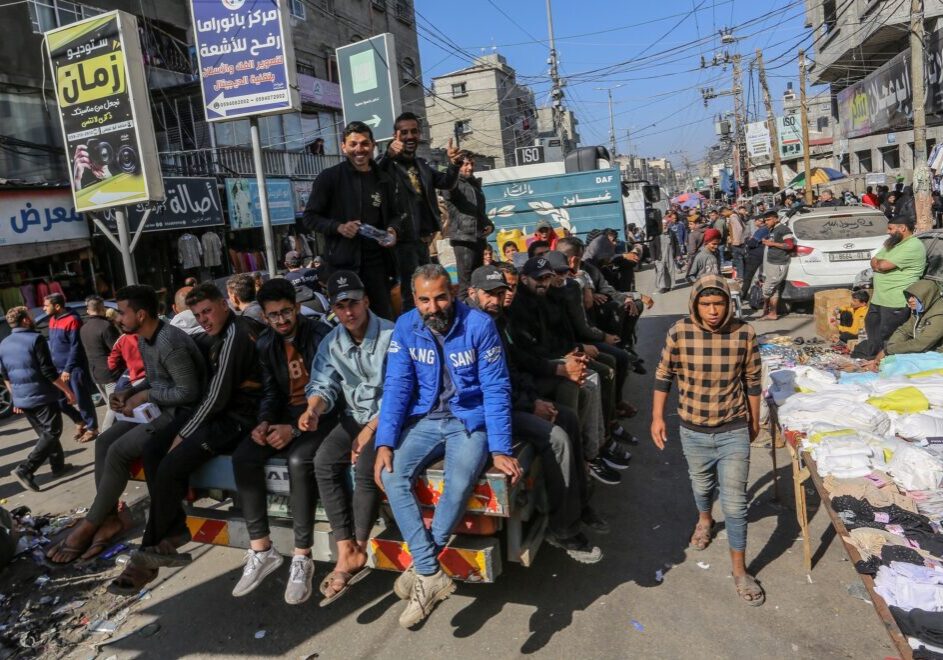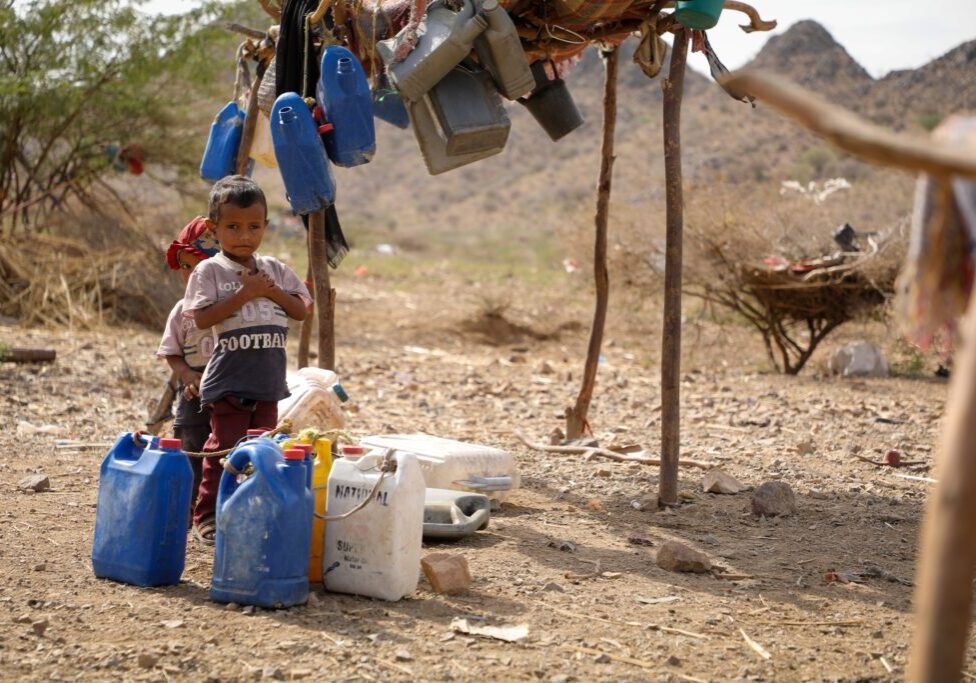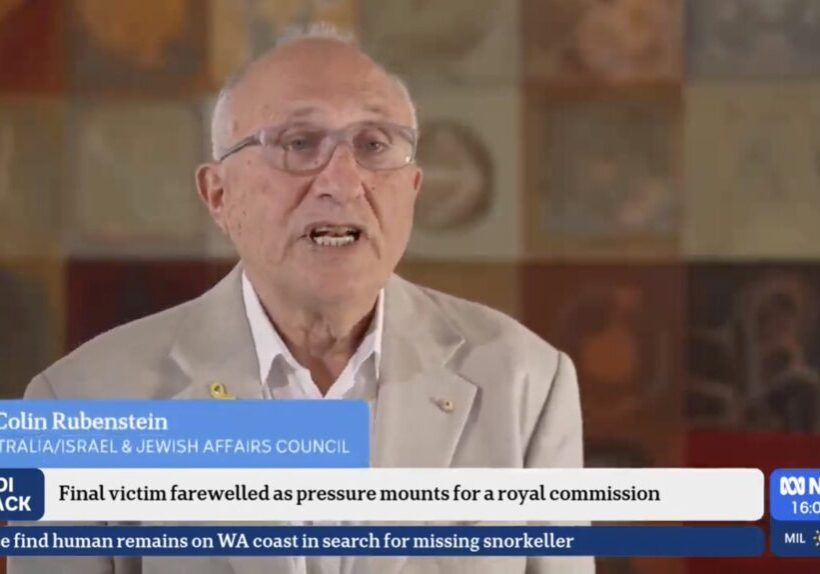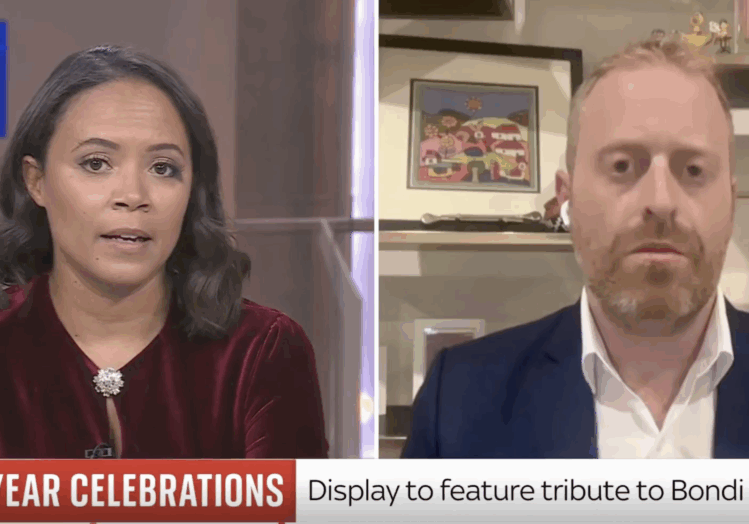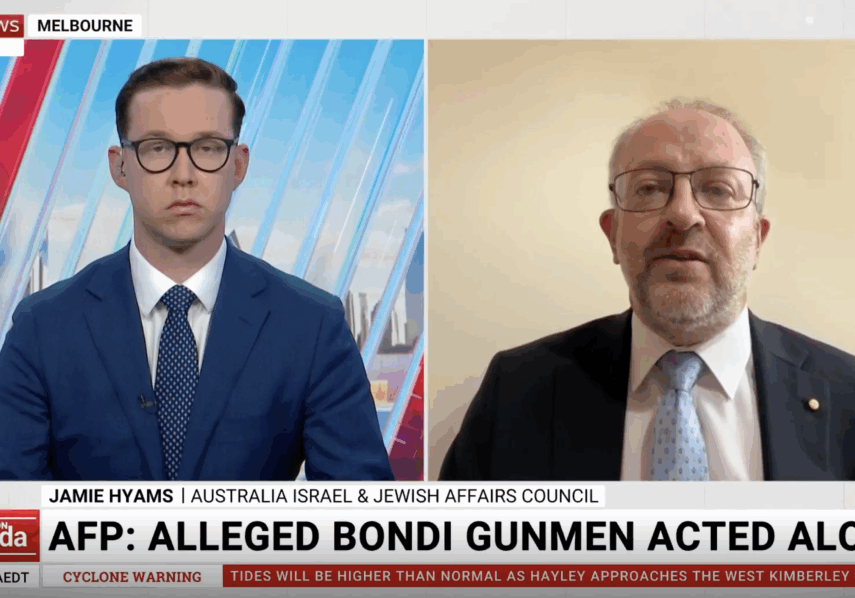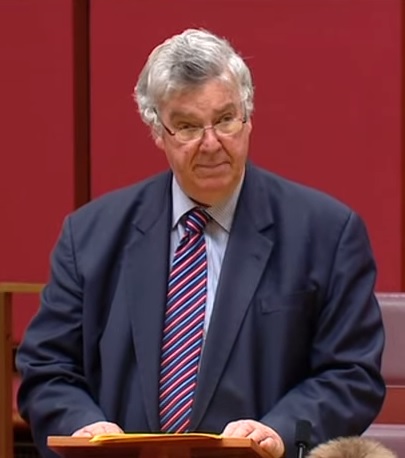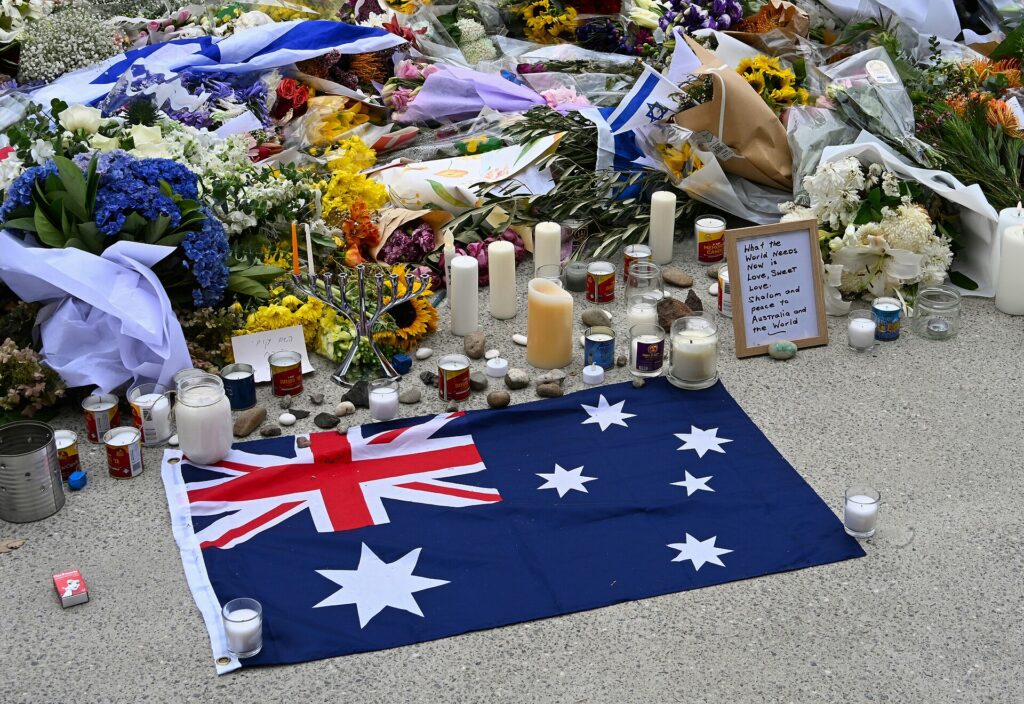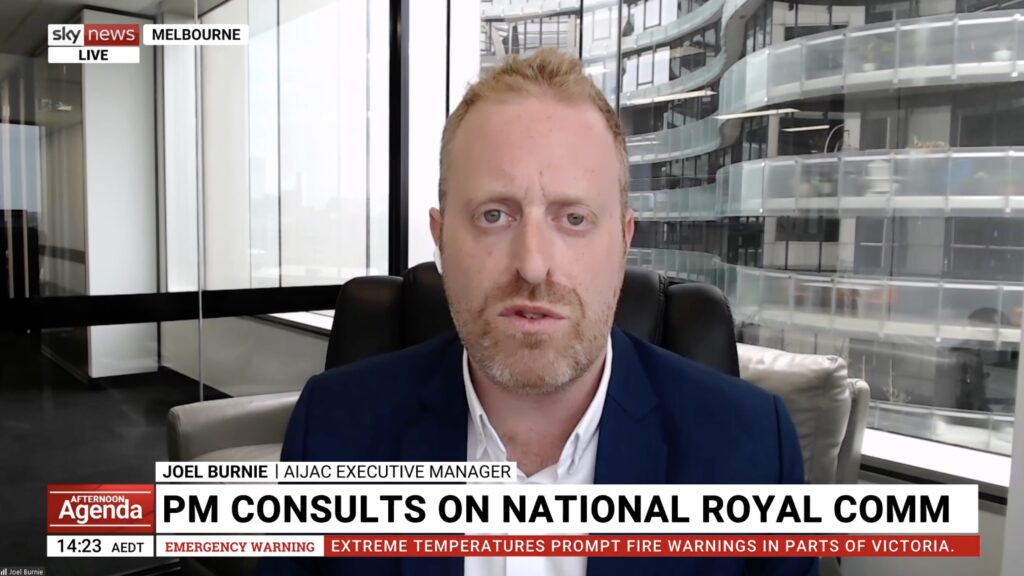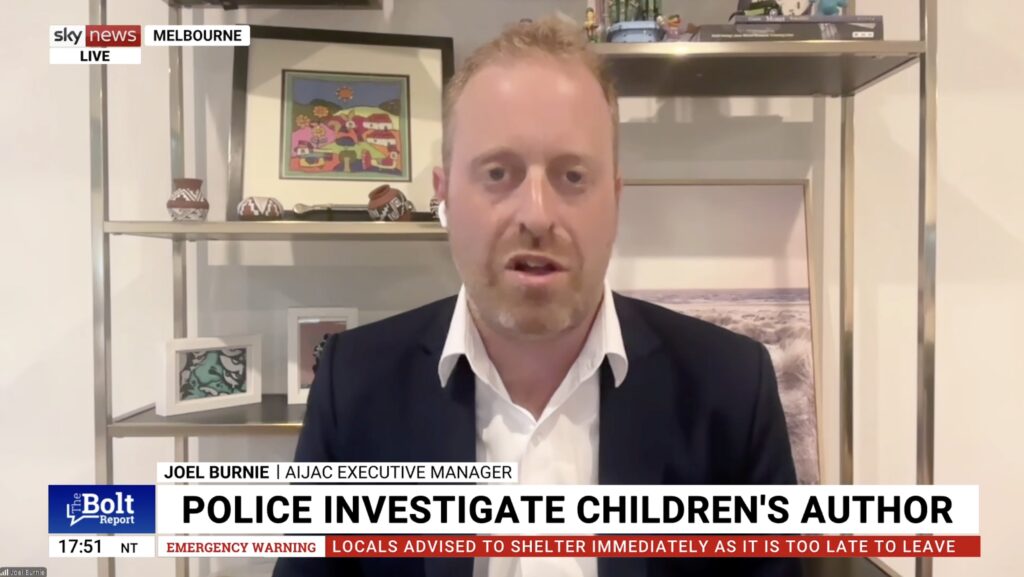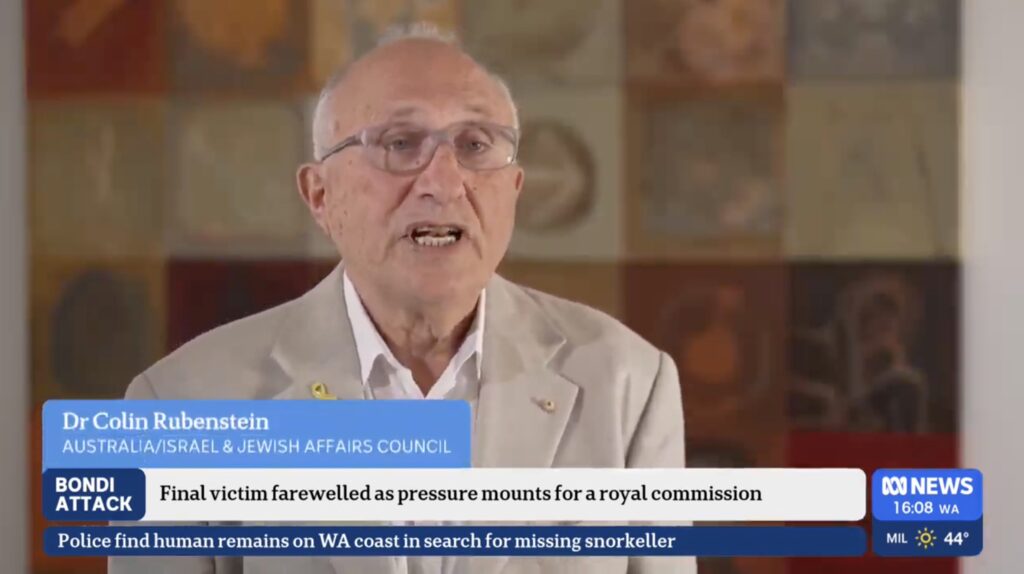FRESH AIR
Greens miss the mark with antisemitism policy
November 26, 2021 | Naomi Levin
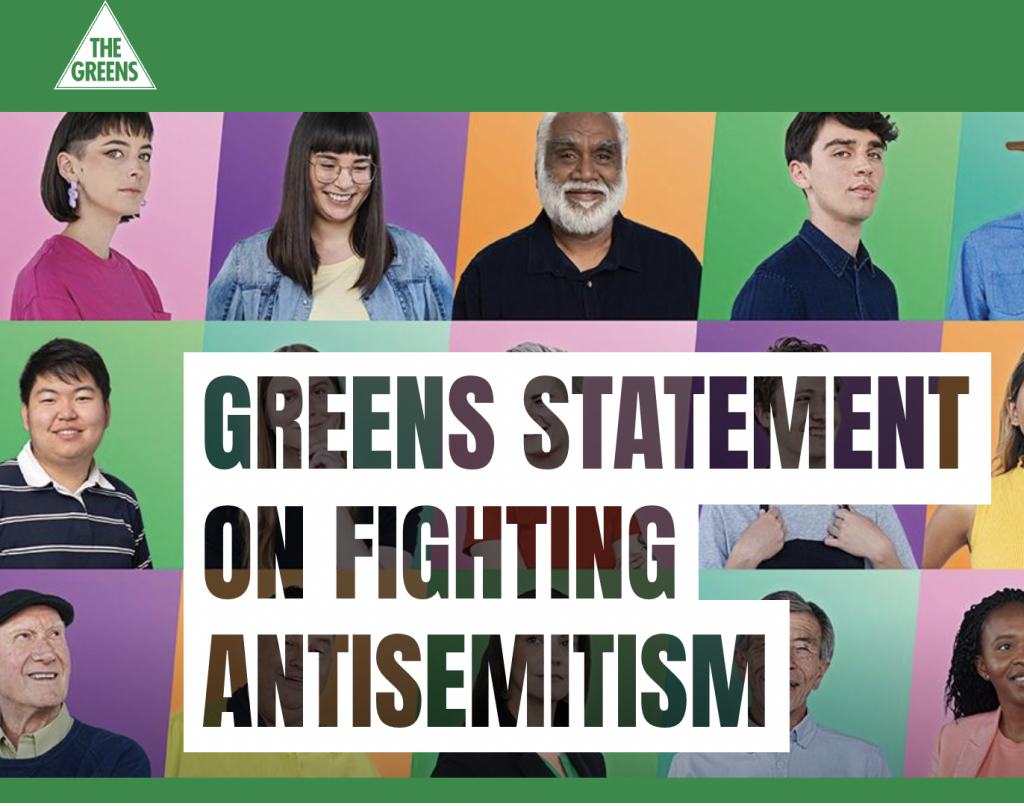
While we don’t have a polling date yet, parties are beginning to publish pre-election policies as we count down to an early 2022 federal vote.
In November, the Australian Greens released a policy on fighting antisemitism. It is, to AIJAC’s knowledge, the first standalone antisemitism policy from any Australian political party. And while it is welcome that the Greens have acknowledged the ongoing challenge posed by antisemitism to the Australian Jewish community, the details are problematic.
First, in the opening line of the policy, the Greens seek to dismiss the definition of antisemitism most widely accepted by the Australian and most international Jewish communities. Second, the policy ties antisemitism solely to far-right extremists, as if antisemitism from other sources does not exist.
Regarding the first problem, the party notes that it is “concerned” that the Australian Government (and the Australian Labor Party, although it doesn’t mention that), have endorsed the International Holocaust Remembrance Alliance (IHRA) Working Definition of Antisemitism.
For those unfamiliar with it, the IHRA definition of antisemitism was drafted by Holocaust and antisemitism experts and has been adopted by more than 30 countries, by the European Union, by the Organisation of American States and by UN Secretary General Antonio Guterres. It is also supported by political parties, football clubs and universities around the world, among many others.
It is not legally binding and it is intended to be used primarily as an educational tool. Different jurisdictions, such as the EU, have prepared guides on how the definition can be used, for example to help organisations monitor antisemitism in a consistent way, to train police officers to identify antisemitism and to support human rights monitoring organisations. While Prime Minister Scott Morrison has endorsed the definition, there is no indication that Australia will codify the IHRA definition of antisemitism in law. Despite fear mongering by the definition’s small number of Australian opponents who suggest otherwise, no mainstream Australian voices have called for the definition to be incorporated into law.
As part of their policy, the Greens cite the small number of fringe Jewish groups that share their opposition to this innocuous definition. Strangely, they also acknowledge the opposition of the Australia Palestine Advocacy Network (APAN) to the IHRA definition of antisemitism. One can make many comments about APAN, but no one would argue that APAN is a credible authority on antisemitism. It is the equivalent of asking a vegetarian about the price of meat.
The Greens’ antisemitism policy also features a complete fallacy: that the IHRA definition of antisemitism is used to silence critics of Israel. This is a myth that has been debunked over and over.
The IHRA definition of antisemitism explicitly states that “criticism of Israel similar to that levelled against any other country cannot be regarded as antisemitic”. So if the Greens want to condemn Israel for alleged unlawful imprisonment of Palestinians or for supposedly breaching international law, or claim that Israel is occupying land that isn’t theirs, they can. Nobody needs to agree with their criticism, but they aren’t going to be labelled antisemitic for it.
What the IHRA definition does raise a caution against is denying Jewish people the right to self-determination, or applying double standards by requiring of Israel behaviour that is not demanded of any other democratic nation, or by holding Jews collectively responsible for the actions of the Israeli government or military. The vast majority of fair-minded people would agree that all of this is reasonable.
However, maybe the Greens are fearful of falling foul of even these clauses. We have seen Greens Senators tell the Australian Parliament that “from the river to the sea, Palestine will be free.” This is a statement that denies the right to existence for a Jewish state anywhere between the Jordan river and the Mediterranean sea – that is, on any territory on which Israel currently exists. Elected Greens politicians have attended rallies where demonstrators held placards comparing Jews to pigs and monkeys, individual Greens have supported boycotts against Israel, but not against any other country, and the party had no issue preselecting a candidate who later decided that it was acceptable to publicly compare Israeli actions to those of the Nazis. It must also be recalled that, while he was an MP but before he was Greens leader, Adam Bandt posted an image on social media in 2018 which resembled something the Nazi Der Sturmer newspaper would publish. It showed an offensive stereotype of a rich Jewish man. A spokesperson for Bandt later apologised.
Another contentious aspect of the Greens’ new antisemitism policy is its single focus on the far-right as a source of antisemitism. There is absolutely no doubt that in Australia, there is a significant threat posed to the Jewish community by those who have become radicalised by far-right, white supremacist and neo-Nazi movements. ASIO director-general Mike Burgess warned that half of all domestic terrorism investigations today deal with ideologically motivated extremists, such as neo-Nazis.
However, the notion that antisemitism does not exist anywhere else on the political spectrum is completely misguided. The American Jewish Committee (AJC) recently conducted a survey on antisemitism. While it surveyed the opinions of Americans only, the results were illustrative. Eighty-nine percent of respondents identified the far-right as a threatening source of antisemitism, 86% of respondents said Islamists represent an antisemitic threat, and 71% of respondents saw the far-left as a source of antisemitism. It is clear that antisemitism – unfortunately – originates with individuals and organisations who hold a broad range of views and ideological positions.
Of course, the Greens’ commitment to further investigating the recent rise of the far-right in Australia is welcome, but this is no panacea for tackling antisemitism in Australia. To publish an antisemitism policy that considers antisemitism as solely a phenomenon of the far-right shows a clear misunderstanding of the whole issue in the contemporary world.
It is regrettable that, heading into the 2022 election, antisemitism has become an issue significant enough that any Australian political party feels it needs to draft a standalone policy. We certainly like to think the Greens policy was not a cynical attempt to redefine antisemitism to suit their political agenda in the wake of the IHRA definition. If any other parties plan to emulate the Greens, AIJAC hopes they will seek additional input and information to ensure it is actually a meaningful blueprint for increasing Jewish community safety.
RELATED ARTICLES
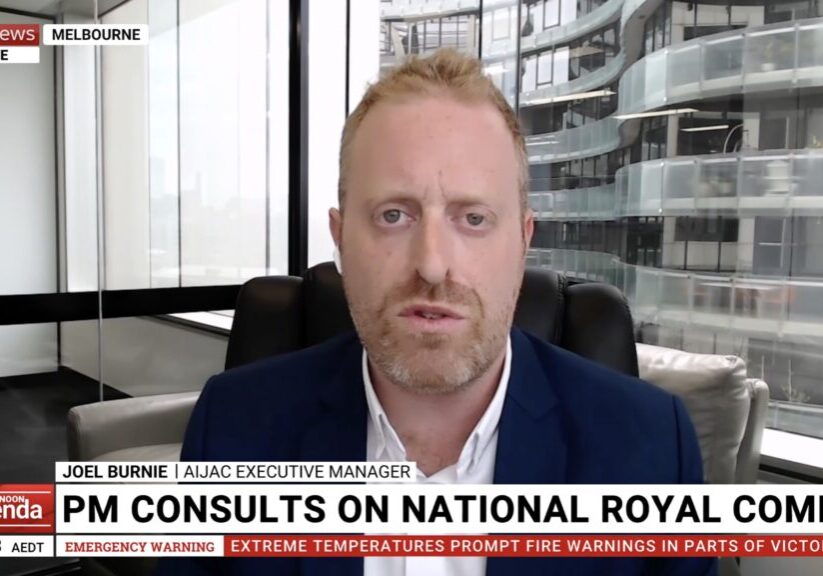
Parameters of a Royal Commission will be crucial: Joel Burnie on Sky News
